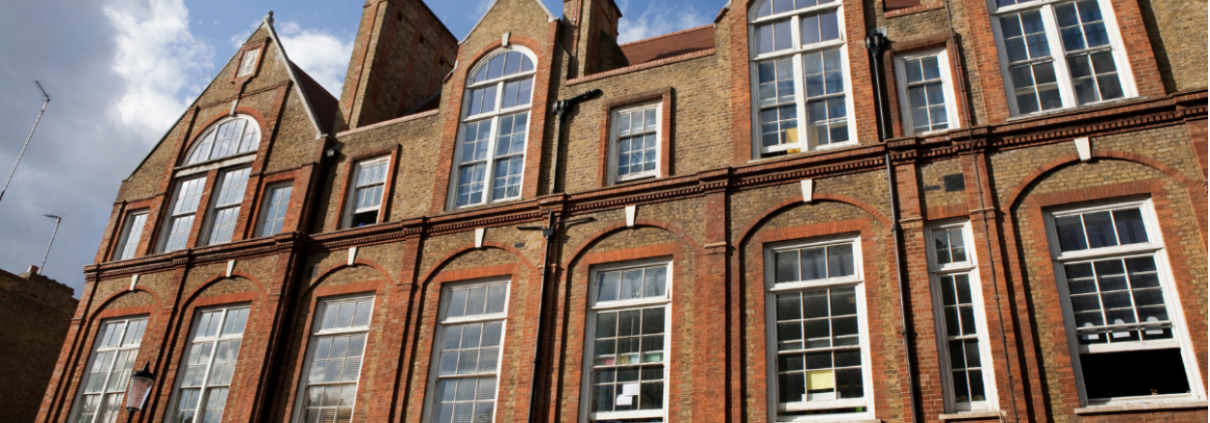Understanding the Differences Between Private & State Schools
Education in the UK is renowned for its diversity and high standards. Parents often face a crucial decision: whether to send their children to a private or state school. Both types of schools offer distinct advantages, but understanding their differences can help parents make an informed choice.
In this article, we’ll explore critical aspects of private and state schools in the UK, focusing on their structure, curriculum, costs, and overall experience.
1. Structure And Funding
One of the primary differences between private and state schools is how they are funded and operated.
State Schools
State schools are government-funded and free for UK residents to attend. They follow the national curriculum designed to provide a standardised education to students across the country. There are different types of state schools, such as academies, comprehensive schools, and grammar schools (selective based on academic performance).
Private Schools
Also known as independent schools, private schools are funded through tuition fees paid by parents. These schools are not obligated to follow the national curriculum, allowing them to design educational programs. Private schools offer more extracurricular activities and smaller classes, promoting individual attention and personalised learning experiences.
2. Curriculum And Academic Approach
The curriculum is another significant point of difference.
State Schools
Most state schools in the UK follow the national curriculum, which includes subjects like English, Mathematics, Science, and the humanities. Students work toward GCSEs (General Certificate of Secondary Education) or A Levels at the secondary level. State schools also offer International Baccalaureate (IB) programs, though this is less common than in private schools.
Private Schools
Private schools often have greater flexibility in their curriculum, allowing them to offer alternative qualifications like the IB or IGCSE (International General Certificate of Secondary Education). They may also focus on languages, arts, or specialised fields like STEM (Science, Technology, Engineering, Mathematics). The ability to choose between A Levels, IB, or other qualifications provides students with diverse academic pathways.
3. Class Size And Teacher-Student Ratio
State Schools
Due to higher enrolment numbers, class sizes in state schools tend to be larger. While this can foster a sense of community, it can also mean less individual student attention. Teachers in state schools often manage larger groups of pupils, which may impact the personalised attention each student receives.
Private Schools
One key selling point of private education is the smaller class sizes. With a lower teacher-to-student ratio, private school students typically receive more tailored instruction. This setting allows teachers to better identify and address individual student needs, which can be particularly beneficial for students preparing for important exams such as GCSEs, A Levels, and the 11+, 13+, or 16+ entrance exams.

4. Extracurricular Opportunities
State Schools
State schools offer extracurricular activities, though the range may vary depending on the school’s resources. Activities often focus on sports, arts, and academic clubs.
Private Schools
Private schools offer a wider variety of extracurricular activities. In addition to sports and the arts, private schools may have extensive programs in areas like drama, music, debating, and community service. This breadth of opportunities encourages students to develop a well-rounded skill set beyond academics.
5. Costs And Affordability
State Schools
State schools are funded by the government and free to attend for UK residents. This makes them more accessible for families across all income levels.
Private Schools
The cost of attending a private school can be substantial, with fees often ranging from £15,000 to £40,000 per year, depending on the institution. These costs are crucial for families when deciding between private and state education. Many private schools also offer scholarships and bursaries to assist with fees, but these are often highly competitive.
6. Academic Performance And University Entry
State Schools
Many state schools, particularly grammar schools and academies, consistently achieve high academic performance. Students from top-performing state schools can access leading universities, including Oxbridge and other Russell Group institutions.
Private Schools
Private schools often have a strong track record of academic success, with many students achieving top grades in their exams. The tailored support and resources offered in private schools can give students an advantage when applying to competitive universities in the UK and abroad. Private school students may also have access to university preparation programs, such as specialised mentoring or Oxbridge coaching.
7. Cultural And Global Exposure
State Schools
State schools reflect the cultural diversity of the UK, with pupils from various backgrounds and communities. However, international exposure may be limited to language classes or occasional exchange programs.
Private Schools
Many private schools, especially those in affluent areas and major international cities like London, have a global outlook. These schools often attract students from around the world, offering a multicultural environment and opportunities for international travel, language immersion, and global exchange programs. This exposure can be valuable for students pursuing careers in an increasingly interconnected world.
Which Option Is Best For Your Child?
Choosing between private and state education in the UK depends on your child’s needs, your family’s financial situation, and your long-term academic goals. State schools provide a solid, government-funded education accessible to all.
In contrast, private schools offer additional benefits such as smaller class sizes, diverse curricula, and a wide range of extracurricular opportunities. Private education can be an attractive option for parents in the UK and beyond, particularly in affluent areas of Europe, Asia, and Dubai, for its premium learning experience and global exposure.

Ready to Explore the Best Educational Path for Your Child?
At The Scholar, we provide expert tutoring and education consultancy services to help families navigate the complexities of the UK education system, from preparing for the 11+ to excelling in IGCSEs, A Levels, and IB programs. Contact us today to learn more about how we can support your child’s academic journey.




